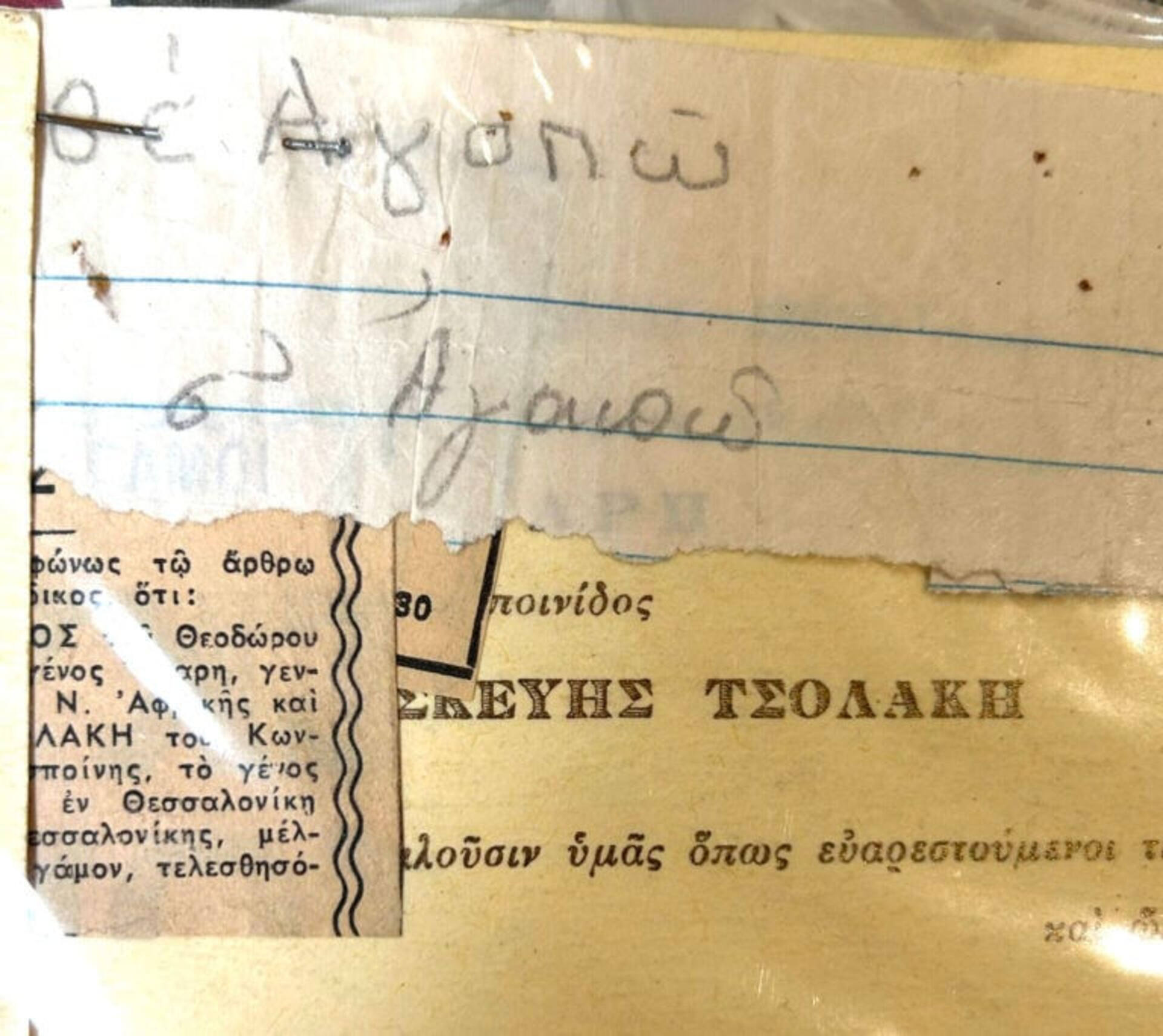Seventy years of life together, lived across three continents, marked by displacements, trials, and triumphs of the heart.
The story of Voula Tsolaki and Aris Kipouros is not only a personal love story but also the story of a generation that learned to start from nothing, to create new homelands far from home, and to keep family as the safest harbour of all.
The beginning of a shared life
Their journey began in Thessaloniki in the mid-1950s, in a neighbourhood full of children, relatives and small joys, but overshadowed by the poverty of post-war Greece.
Voula, the daughter of a refugee family from Smyrna, grew up among five sisters and learned early that a home is built on love and solidarity.
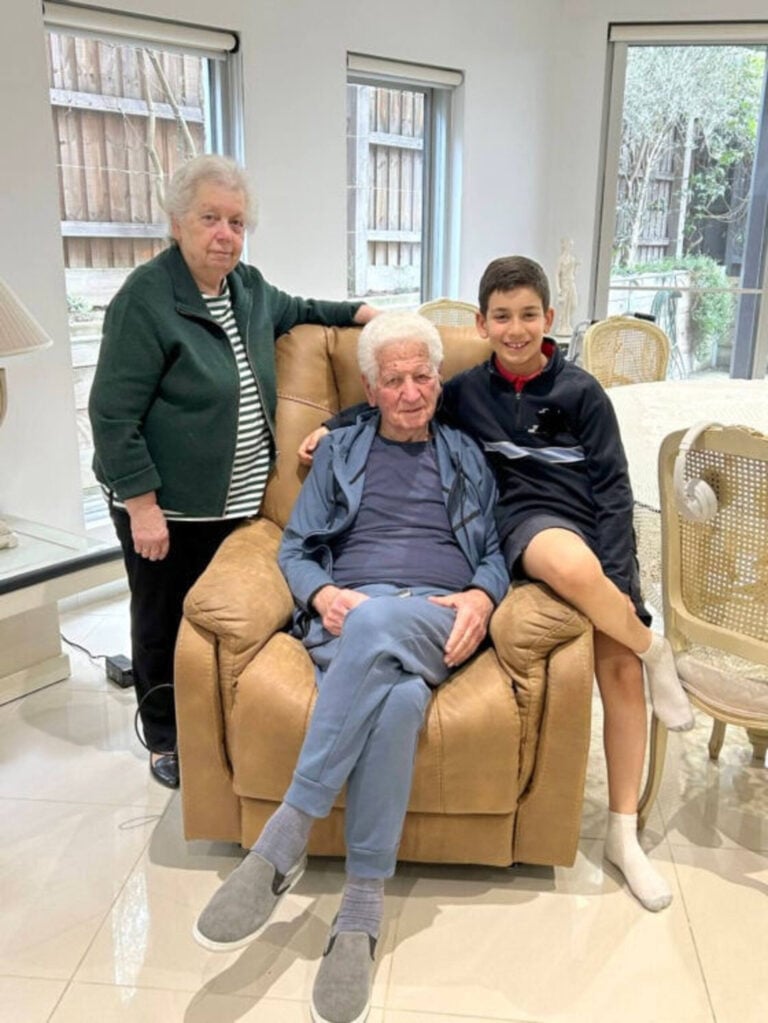
Aris, meanwhile, had been born and raised in Africa. His father was from Thrace and his mother from Smyrna, both carrying the imprint of uprooting.
Fate brought them together when Aris’s uncle, determined to see him marry in the homeland, introduced him to Voula’s family in Thessaloniki.
“He met my five sisters, and out of all of them, he chose me,” Voula recalls with a smile.
In 1955, just months after their wedding, the young couple set off on their first great journey. Destination Johannesburg, South Africa.
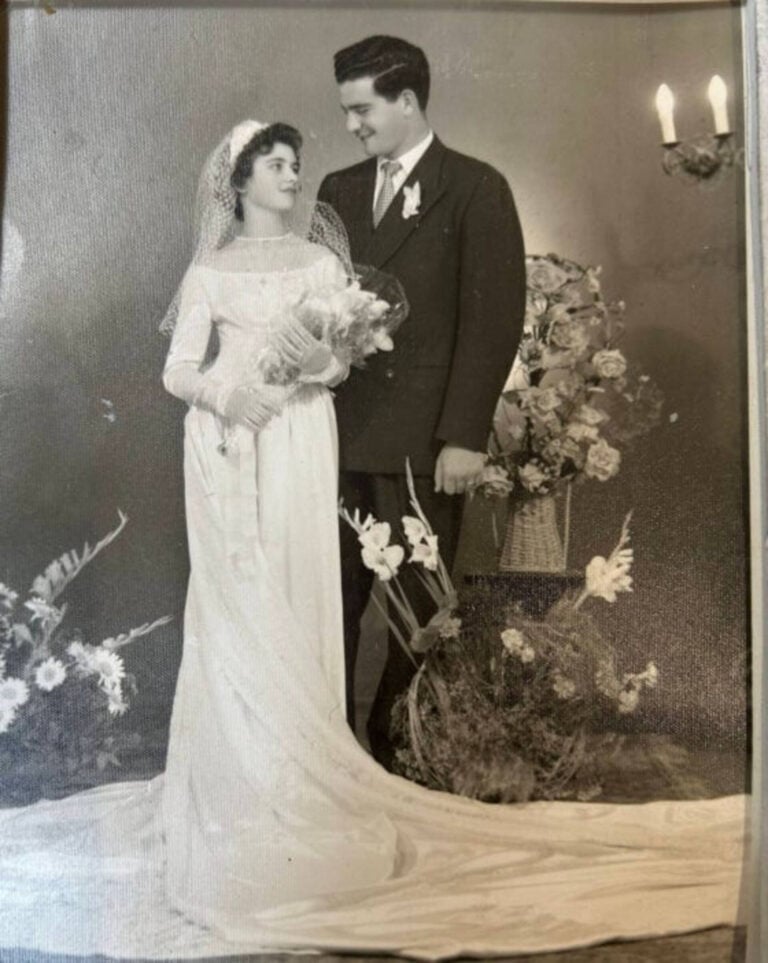
Life under apartheid
Aris had already spent his childhood in South Africa, during the dark years of apartheid. At school, he was often treated with suspicion: he was neither part of the white ruling class nor among the oppressed black majority. He was, in everyone’s eyes, a foreigner.
From an early age he had to fight to prove himself, to find ways to fit in where others pushed him out. “If that’s how you see me,” he told himself, “then I’ll show you.”
This defiance became a driving force in his life.
It was an inheritance from his father, Theodoris, a refugee from Adrianople who had deserted the Turkish army, settled in Alexandria, and later built a sandal-making business in Khartoum in 1916. Hard work, persistence, and ambition became the family legacy.
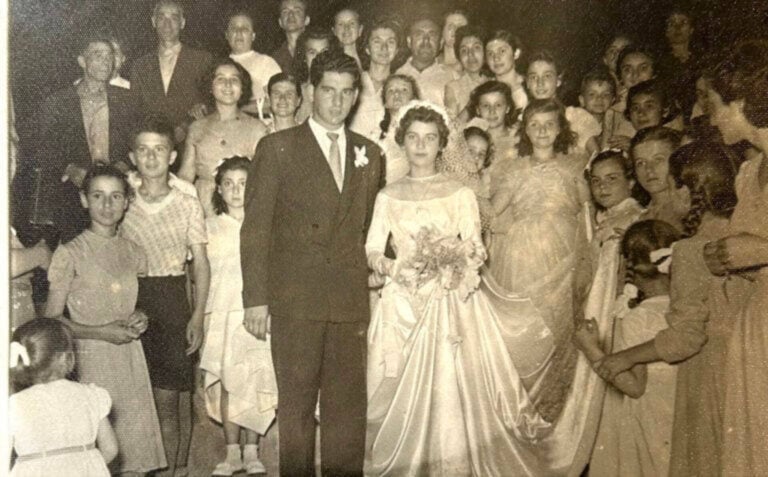
A new bride in Africa
For Voula, arriving in Johannesburg as a young bride was daunting. She had left behind the father she adored, in a land whose language she didn’t know.
“It was difficult,” she tells Neos Kosmos, “but I was lucky, my father-in-law embraced me like a daughter.”
Years of struggle followed. Fourteen years passed before she could return to Greece for a visit. Yet life began to blossom in Africa: the couple’s first son, Theodoros, was born in 1957, followed by Kostas in 1961, and their daughter, Marianthi, ten years later.
Ambitious and determined, Aris tried his hand at various ventures before establishing a tyre factory and two wheel shops, with Voula handling the office work.
“We never wanted to take money from anyone,” Voula says proudly. “We wanted to succeed on our own.”
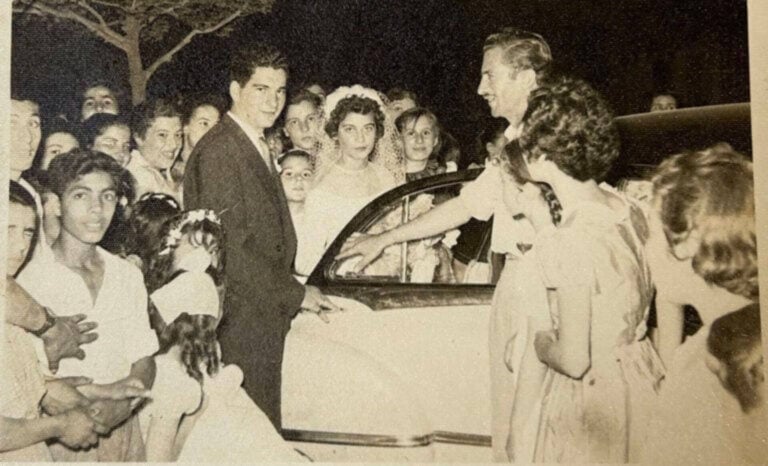
Trials and turning points
Despite their success, Aris sensed early on that “Africa would fall apart.” Political instability and growing violence soon confirmed his fears.
Their children were the first to face the harsh reality: both sons were held at gunpoint in separate incidents, with Kostas narrowly escaping death.
“The bullet missed, and I cried out, ‘Panagia mou, save my child!'” Voula recalls.
Eventually, the children left for Australia. With heavy hearts, Aris and Voula followed years later, selling what they could and leaving behind a life full of friendships and memories.
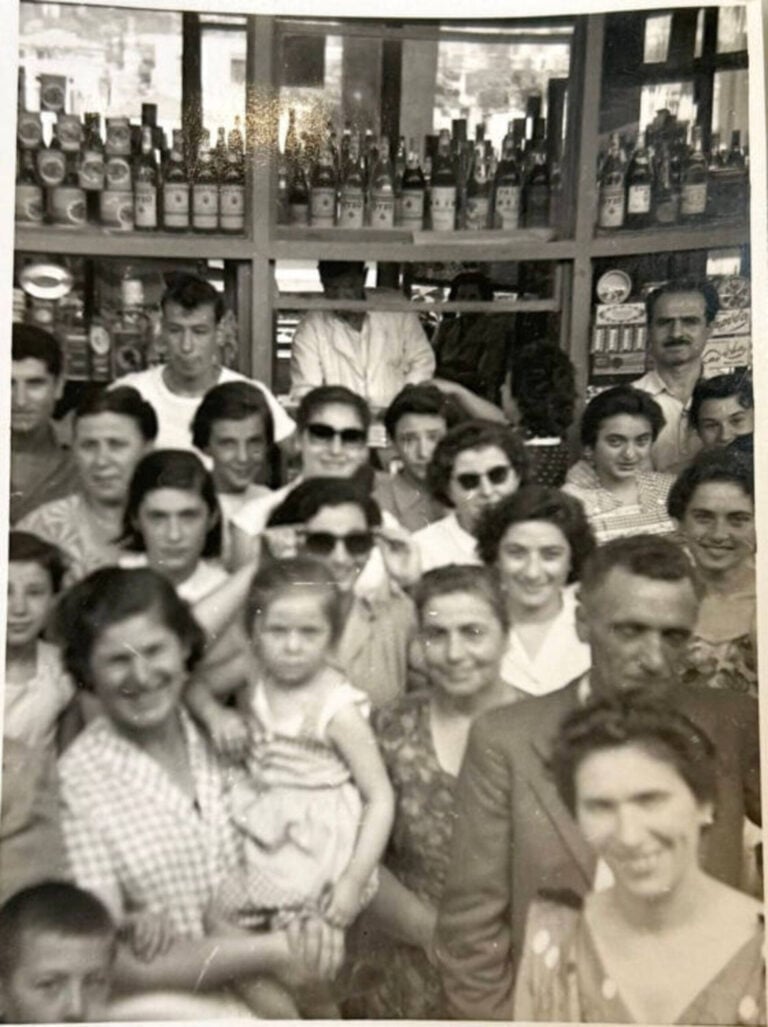
Finding safety in Australia
Settling in Melbourne brought security and stability, but also a deep sense of loss. “In Cape Town we lived with freedom. Here, it feels like a cage,” Voula admits—not political freedom, but the openness of life, the closeness of community, the spontaneity she missed.
Yet in Australia they found peace of mind, surrounded now by their three children, six grandchildren, and seven great-grandchildren. “All the displacements and trials brought us here,” they say, “to the gift of watching our family flourish.”
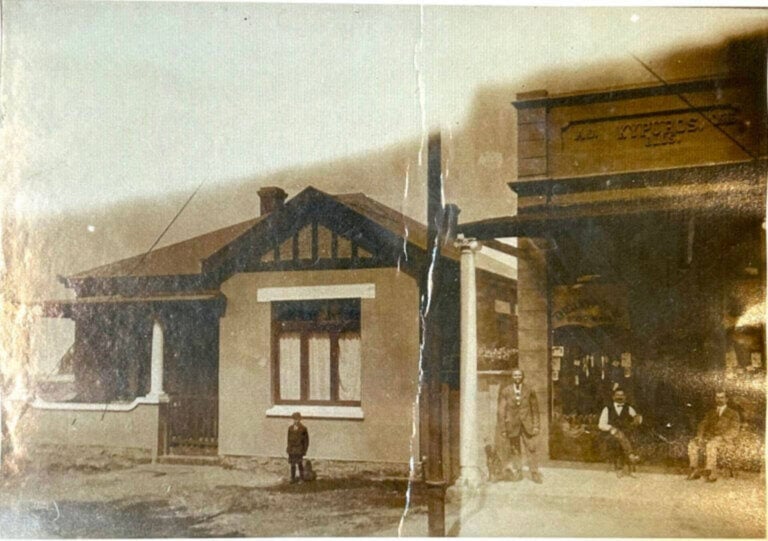
Unforgettable memories
Over seven decades, each has carried indelible memories. Aris recalls being stranded in Greece during the 1974 Turkish invasion of Cyprus, only to be rescued by the kindness of strangers who secured him passage home.
Voula remembers the night a drunk driver nearly killed her family in a crash.
“The Panagia saved us,” she says, recalling how she felt a divine hand on her shoulder assuring her that her children were safe. For her, faith has always been a living presence.
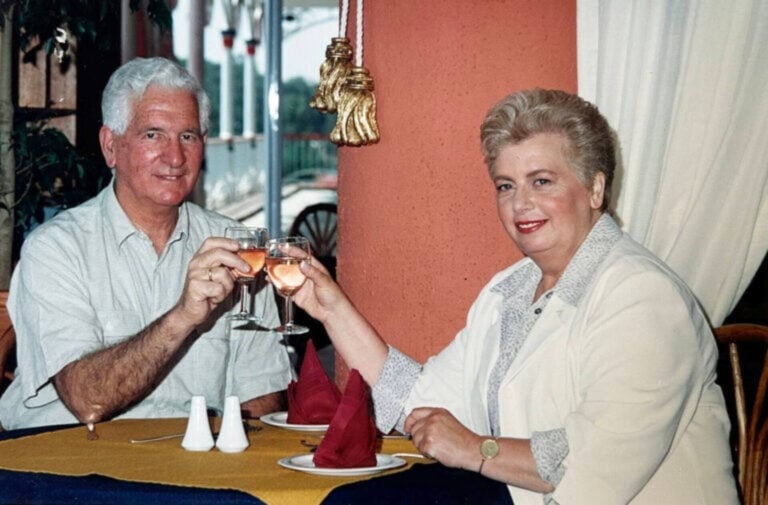
The secret of a lasting marriage
Asked about the secret of their marriage, Aris answers without hesitation.
“Understanding. We made every decision together. I never did anything without speaking with Voula.”
Voula smiles and adds with disarming simplicity: “Love, respect, and standing by each other through everything. That’s what keeps a marriage.”
Then, with humour, she laughingly recalls a friend’s advice: “When you see a couple doing well, it means one of them is turning a blind eye. That was my job.”
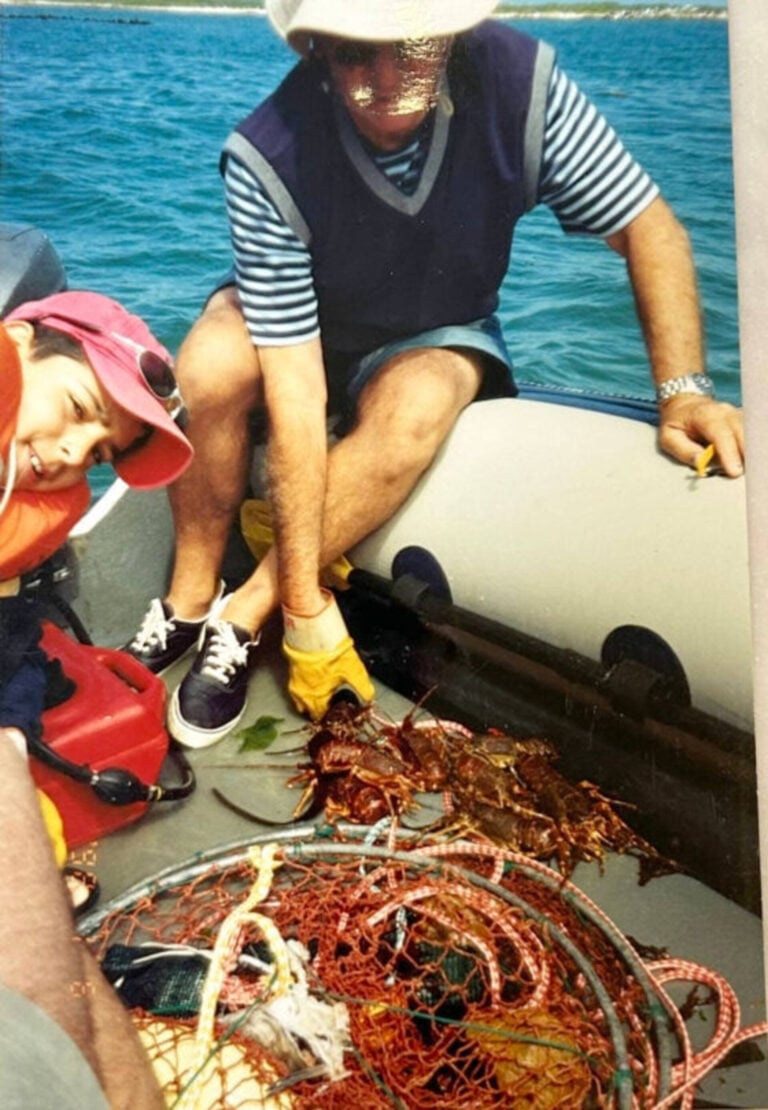
A story beyond themselves
The journey of Aris and Voula is more than a personal tale. It is the story of an entire generation that endured uprooting, fought to survive, and planted new roots in foreign soil.
If nostalgia still burns, it is not a wound but a light, a reminder of where they began. Because in the end, their true home has never been a place. It is wherever they are together, surrounded by family.
